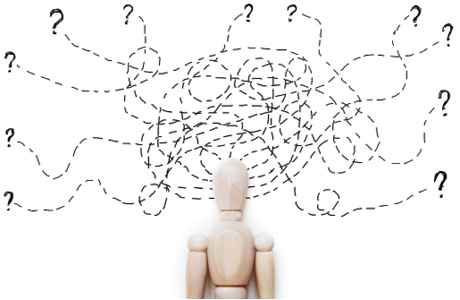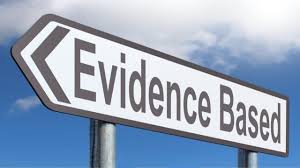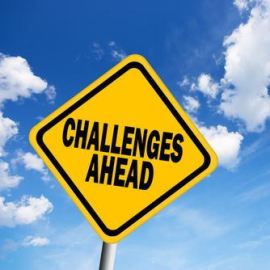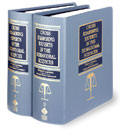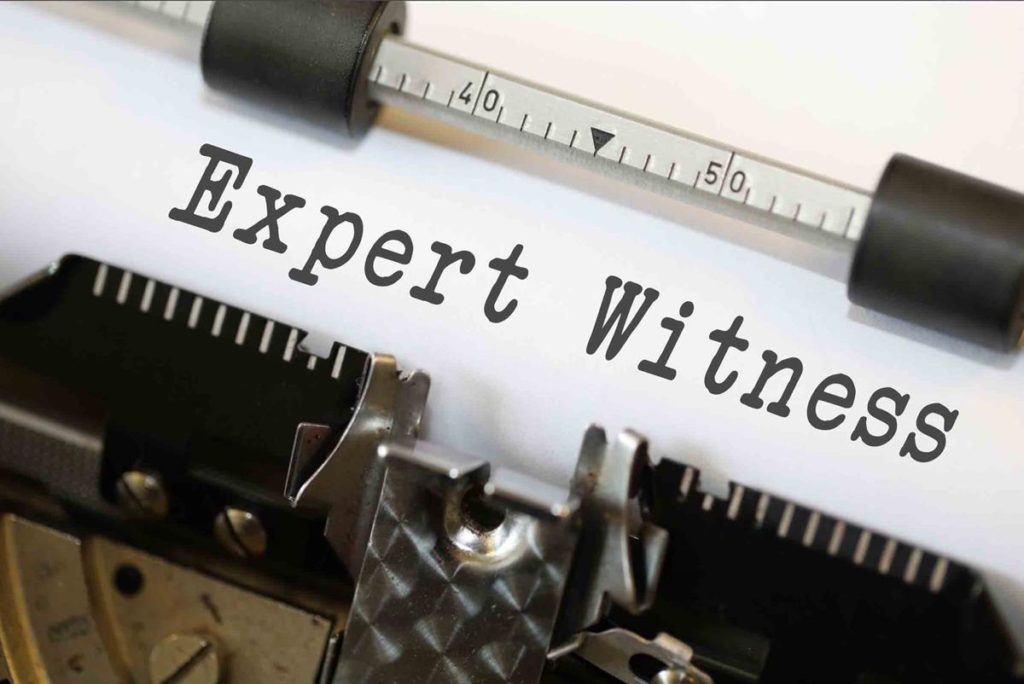Read together, Daubert, Joiner and Kumho Tire make it clear that the trial judge is required to independently evaluate:
- the reasonableness of the expert’s reliance on his data, and
- the data underlying an expert’s opinion.
At PsychLaw.net, we teach that these are now preconditions to the admissibility of the evidence under Rule 702.[1] Although Daubert was a Rule 702 decision focusing on an expert’s methodology, the reasoning in Daubert is also relevant to Rule 703 issues relating to the data underlying an expert’s opinion because the two rules are interrelated. [2] Thus, appellate courts require district courts to act as “gatekeepers”, ensuring that the scientific data supporting the expert’s opinion are reasonable, valid and reliable.[3]
At PsychLaw.net we take note that as commentators Faigman, Kaye et al emphasize, the more difficult question that courts must face under Daubert, Joiner, and Kumho is: How dependable must expert evidence be to be good enough for admission?[4] Professors Faigman, Kaye et al go on to explain:
“In a nutshell, Daubert and its progeny–perhaps especially its progeny–brought the scientific culture to the courtroom. Judges are now expected to bring some critical judgment, informed by knowledge of the way empirical propositions are tested, to expert evidence admissibility decisions.”[5]
Indeed, Joiner instructs that conclusions and methodology are not completely distinct from one another. Trained experts often extrapolate from existing data, but the Court instructed that neither Daubert nor the Federal Rules of Evidence require a district court to admit opinion evidence which is connected to existing data only by the word or subjective experience of the expert. As the Joiner court went on to explain, a court may conclude that there is simply too great an analytical gap between the data and the opinion proffered.[6] As a result of these many explicit as well as implicit requirements, Daubert hearing are now de rigueur.
Key Kumho Tire Concepts:
- TRIAL COURT Must have considerable leeway in deciding whether the proposed testimony and the proposed expert is reliable. 119 S.Ct. 1167 at 1176
- TRIAL COURT Must determine both the validity of the expert’s qualifications and the reliability of the proposed testimony 119 S.Ct. 1167 at 1176 – 1177
- EXPERTS Must demonstrate a valid connection to the pertinent facts as a precondition to admissibility 119 S.Ct. 1167 at 1174
- EXPERTS Whether basing testimony on professional studies or personal experience, must employ in the courtroom the same level of intellectual rigor that characterizes the practice of an expert in the relevant field. 119 S.Ct. 1167 at 1176
[1] Daubert rejects the general acceptance test for evaluating reliability of scientific evidence and requires a 702 & 703 analysis Daubert v. Merrell Dow Pharmaceuticals, Inc., 509 U.S. 579, 597, 113 S. Ct. 2786, 2799, 125 L. Ed. 2d 469, 485 (1993).
[2] Daubert reliability standards apply to data issues arising under Rule 703. See: In re Paoli R.R. Yard PCB Litig. 35 F.3d 717, 748-749 (3d Cir. 1994) cert. denied 513 U.S. 1090 (1995) (applying same standard avoids need of making metaphysical distinctions between problems with underlying data itself as opposed to problems with the methods used to analyze the data).
[3] For early examples of the Judge as gatekeeper in evaluating an expert and the expert’s data, See: In re Paoli R.R. Yard PCB Litig, 35 F.3d 717, 742 (3rd Cir. 1994), cert. denied. 513 U.S. 1090 (1995) (gatekeeping role with regard to experts includes independent evaluation of reasonableness of the data relied on by experts under Fed. R. Evid. 703). See, also:
2nd Circuit United States v. Locascio, 6 F.3d 924. 938 (2nd Cir. 1993), cert. denied., 511 U.S. 1070 (1994) (Daubert principles interpreting FRE 702 apply equally to FRE 703).
3rd Circuit In re Paoli R.R. Yard PCB Litig., 35 F.3d 717. 742 (3rd Cir. 1994), cert. denied. 513 U.S. 1690 (1995) (gatekeeping role with regard to experts includes independent evaluation of reasonableness of data relied on by experts FRE 703).
5th Circuit See: Allen v. Pennsylvania Eng’g Corp., 102 F.3d 194, 197 n.4 (5th Cir. 1996) (Courts using Daubert standard for admissibility of expert testimony should pay close attention when expert witnesses depart from generally accepted scientific methodologies, because judge or jury may not be junior scientists, equipped to evaluate scientific innovation; Guillory v. Domtar Industries, Inc., 95 F.3d 1320, 1331 (5th Cir. 1996) (it is the role of the district Judge as gatekeeper for expert evidence to exclude evidence tainted by farce or fiction).
7th Circuit See: Porter v. Whitehall Laboratories. Inc., 9 F.3d 607, 614 (7th Cir. 1993) (court properly excluded testimony not grounded in scientific method Daubert analysis).
8th Circuit See: Sorensen by and through Dunbar v. Shaklee Corp.,31 F.3d 638, 650-651 (8th Cir. 1994) (After a Daubert analysis the court properly excluded testimony because scientific basis of proposed testimony was too speculative).
11th Circuit See: Raynor v. Merrell Pharmaceuticals, Inc., 104 F3d 1371, 1374 (D.C. Cir. 1997) (“Daubert creates no obvious bar to applying Rule 703 as we have done in the past”; finding that trial court properly excluded proffered testimony under Rule 702); Ambrosini v. Labarraque. 101 F.3d 129,133-134, 137-139 (D.C. Cir. 1996), cert. dismissed, – U.S. -, 117 S. Ct. 1572 (1997) (as gatekeeper concerning scientific evidence using Daubert standard, district court must engage in preliminary assessment as to whether reasoning or methodology underlying testimony is scientifically valid and whether reasoning or methodology properly can be applied to facts at issue); Ealy v. Richardson-Merrell, Inc., 897 F.2d 1159, 1161- 1162 (D.C. Cir.), cert. denied, 498 U.S. 950 (1990) (pre-Daubert case in which court excluded testimony as without scientific foundation in face of wealth of published contrary data).
[4] Faigman, D.L.; Kaye, D.H.; Saks, M.J. & Sanders, J. (2000) How Good Is Good Enough?: Expert Evidence under Daubert and Kumho. 50 Case Western Reserve Law Review 645. See pg 652.
[5] Id. at pg 656.
[6]Joiner, 522 US at146, 118 S Ct at 519. The “ipse dixit” language of Joiner has proved popular with lower courts. See, e.g., Freeport-McMoran Resources Partners v B-B Paint Corp, 56 F Supp2d 823 (ED Mich 1999) The court found that the expert’s opinions are nothing more than his own “experience” and tied to each defendant through nothing more than his “ipse dixit.”

